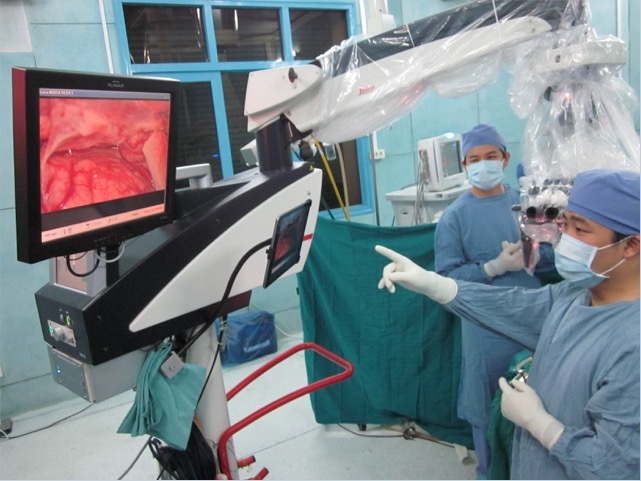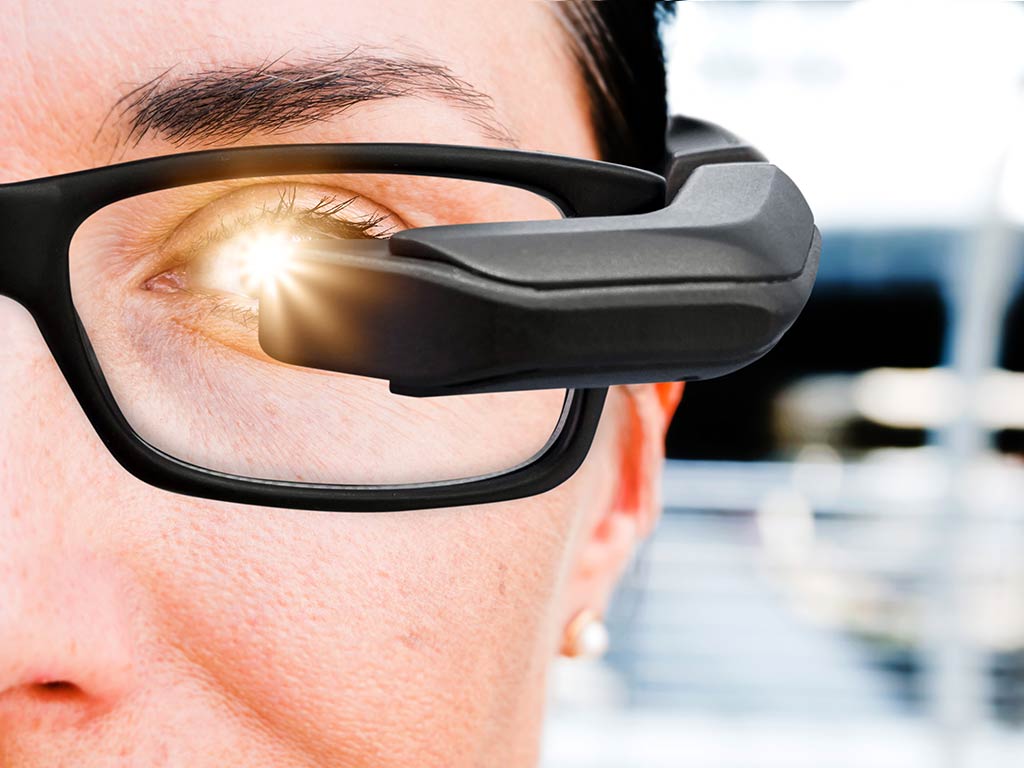Location information
Hospital address
Phoenix Children's Hospital 1919 East Thomas Road Phoenix Arizona 85016 United States of America
Hospital type
Private
Hospital description
Paediatric
Description
Our program here at Barrow Neurological Institute at Phoenix Children’s Hospital (PCH) is uniquely qualified to provide premier education and clinical care in the area of pediatric neurosurgery as it is one of the largest free-standing Children’s hospitals in the United States with access to large volumes of patients, the latest technologies for advanced neurosurgical care, multiple research programs in both clinical as well as translational laboratory, and numerous residency and fellowship training programs. Renowned for its excellence in clinical care, Barrow at Phoenix Children's has treated pediatric neurological disease in children from around the world. Additionally, through our alliance with St. Joseph’s Hospital, we have access to the numerous opportunities for educational experience at the adult Barrow facility. PCH has consistently met and exceeded the national ranking in standard of care for its patients. PCH is a multi-disciplinary hospital with over 25 medical specialties housed within the hospital enabling efficient in-house consultation services, dedicated floor with over 20 beds for neurosurgical patients, cutting edge radiology equipment and neuroradiology team, and a pediatric critical care unit with trained neuro-critical care physicians. We have two dedicated neurosurgical operating rooms, which are fully equipped with the latest in neuro-surgical specialty equipment. We have a dedicated neurosurgical nursing team in each operating room as well as specialty trained nursing staff both inpatient and outpatient settings. Neurophysiologic diagnostic equipment, including EEG, EMG, ICP is available. Additional advanced technologies include: stereotactic laser ablation, resting state fMRI, 3D Laboratory for surgical planning, biplanar angiography suite with capabilities for the treatment of all virtually all pediatric neurological disease.
Barrow Neurological Institute at Phoenix Children’s Hospital values the importance of education especially to increasing the availability of education to developing countries. We have previously had clinical and research observors and fellows from around the world including: Latin America, Asia, Europe, and Africa. During the fellow’s visit they have the opportunity to observe the most complex neurosurgical procedures that are performed in our dedicated neurosurgery operating suites on a daily basis, care on the clinical wards and ICU, participate in daily film review teaching rounds, as well as attend weekly Neurosurgery Clinical Conferences and Neurosurgery/Neurology Grand Rounds. In addition, we host a variety of Neuroscience Lectures and Conferences throughout the year that they are able to attend, based on what is offered during the time of visit. In addition, the visitor has access to the adult program at the Barrow Neurological Institute at St. Joseph’s Hospital for surgical/clinical opportunities as well as didactic conferences. With affiliation of our University partners, the visitor has full library access both in house and by computer to the University of Arizona online system for accessing neuroscience and other medical journals as part of their learning about clinical or research topics. Computer access is available for research and writing with compatible document and spreadsheet analytic software if part of a collaborative research project.
While affiliated with Barrow Neurological Institute, Phoenix Children's Hospital and Children's Neurosciences are also affiliated with Mayo Clinic, the University of Arizona College of Medicine- Phoenix, Translational Genomics (TGen), and Arizona State University. These affiliations provide collaborative opportunity for enrichment in education and neuroscience without limitations. The faculty at Barrow at Phoenix Children's have collaborated with other physicians and neurosurgeons from around the world in clinical care, research and education. We have nearly 100 pediatric neuro sub-specialists in the care of neurological disease as part of the Institute and over 50 research personnel.
Our Pediatric Neurosurgery Faculty:
Dr. P. David Adelson is the Director of Barrow Neurological Institute at Phoenix Children’s Hospital, Diane and Bruce Halle Endowed Chair in Pediatric Neurosciences and Chief of Pediatric Neurosurgery. Dr. Adelson is board certified in neurological surgery, pediatric neurosurgery and adolescent medicine. He practices all aspects of pediatric neurosurgery, with a special interest in pediatric cerebrovascular, epilepsy, brachial plexus and peripheral nerve, congenital anomalies including Chiari malformations and syringomyelia, and tumors.
Dr. Ruth Bristol is the Director of Craniofacial Neurosurgery and the Co-Director of the Hypothalamic Hamartoma Program. Dr. Bristol is board certified in neurological surgery and pediatric neurosurgery She practices all aspects of pediatric neurosurgery, with a special interest in craniofacial, hypothalamic hamartomas, fetal medicine, and craniosynostosis as well as all other aspects of pediatric neurosurgery.
Dr. David Shafron has had over 10 years of residency training experience with the University of Arizona School of Medicine – Tucson with rotating residents through the pediatric neurosurgery service here at Phoenix Children’s Hospital. Dr. Shafron is a board certified neurosurgeon. He practices all aspects of pediatric neurosurgery, with a special interest in spasticity, craniosynostosis, hydrocephalus, fetal medicine and cerebral palsy.
Dr. Taryn Bragg is board certified in neurological surgery and pediatric surgery. She practices all aspects of pediatric neurosurgery, with special interest in spasticity, movement disorders, chiari, congenital defects, and neuromodulation.
Dr. Jamal McClendon is board eligible in neurological surgery and pediatric surgery. He practices in a focused aspect of pediatric neurosurgery specifically in the area of complex spinal diseases/disorders including deformity, trauma, and tumors.
Member information
Name
David Adelson
Member type
Clinical department with teaching programme
Specialty
Neurosurgeon
Subspecialties
- Trained paediatric neurosurgeon
Languages spoken
- English
- Spanish
Professional affiliations / memberships
- ISPN
- AANS
- ASPN
- CNS
- Other




